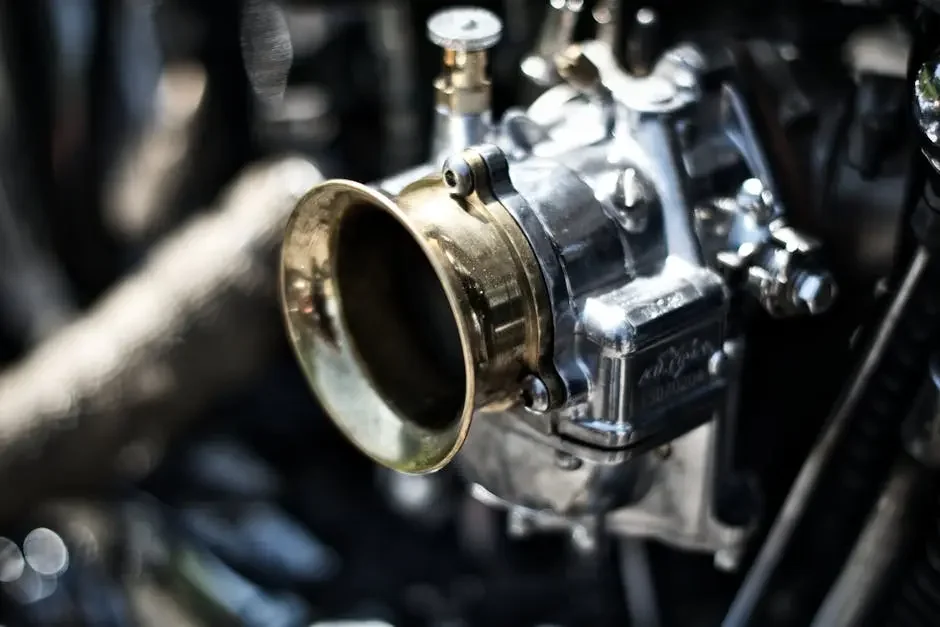9 Common Mistakes in Engine Bay Detailing and How to Avoid Them in Roseville
Engine bay detailing can breathe new life into your vehicle, giving it a fresh and clean appearance. However, it’s easy to make mistakes that could harm your engine or reduce the overall aesthetic appeal. In this post, we’ll explore some common pitfalls to avoid when detailing your engine bay, focusing on techniques that will help you achieve the best results without causing damage. Let’s dive into these missteps and learn how to steer clear of them for a spotless engine compartment!
1. Neglecting to Remove Debris
Before you begin detailing, always take the time to clear out leaves, dirt, and other debris that can accumulate in the engine bay. This foundational step ensures you’re working on a clean canvas. A well-organized space makes it easier to see what you’re dealing with and can help you identify components that might need extra attention.
It’s surprising how much dirt and clutter can build up in this area over time. In fact, a clean engine bay not only looks better, but it also helps with monitoring your engine's performance. This cleanup process can also reveal leaks or other issues that might need fixing, making it a vital part of the detailing process.
2. Using Harsh Chemicals
Opting for strong cleaners can be damaging to various engine components. Choose gentle, biodegradable cleaners that are safe for automotive use. These milder products can effectively tackle grime without posing a risk to sensitive parts.
Moreover, harsh chemicals can wear down the finish of components over time, leading to further issues down the road. Consider the long-term impact of the products you use; investing in quality, engine-safe cleaners is worth it. This small choice can result in a cleaner engine bay that avoids unnecessary wear and tear.
3. Ignoring Electrical Components
When detailing your engine bay, be cautious around electrical components. Cover these areas to prevent moisture damage and avoid aggressive cleaning methods. Moisture can seep into electrical connections, causing malfunctions that could be both costly and inconvenient.
In addition, using too much water is detrimental to these delicate components. Opt for careful, targeted cleaning rather than soaking the entire area. Your attention to these details will ensure your engine continues to function smoothly.
4. Skipping Protective Coatings
After cleaning, neglecting to apply a protective coating can lead to future grime build-up. A light spray of protectant can help maintain that newly detailed look. This is not just an aesthetic choice; it also adds a layer of defense against dirt, grease, and other elements.
Think of this step as insurance for your hard work. Engine bays are often exposed to various environmental factors, and protecting them can save you time in future cleanings. Remember, a few extra minutes can significantly extend the clean, fresh appearance of your engine.
5. Overlooking Hard-to-Reach Areas
Some spots can be tricky to clean, but they shouldn't be ignored. Use the right tools like brushes or specialized attachments to reach those hidden areas. Often, it’s in these overlooked spots that dirt and grime can accumulate the most.
Make use of soft brushes or microfiber cloths to access tight corners without damaging delicate components. Focused attention on these areas not only enhances the overall cleanliness but also contributes to the longevity of your engine bay.
6. Not Securing Loose Parts
Before you start detailing, ensure that all components, such as covers and hoses, are securely fastened to avoid accidents during the process. Loose parts can be a hazard, leading to damage not just to your vehicle, but also to you while you’re working.
7. Failing to Rinse Thoroughly
Leaving soap residue can attract more dirt. Take the time to rinse away all cleaning products completely for a spotless finish. A clean rinse ensures that the surfaces remain slick and free from any film that could attract particles.
Think of it like washing your dishes; if you miss a few spots with soap, grease will return quickly. The same principle applies to your engine. Taking the time to rinse thoroughly can save you from repeated cleanings in the future.
8. Not Using Enough Lubrication
When cleaning moving parts, be sure to use appropriate lubricants. This ensures smooth operation and prevents wear over time. Neglecting lubrication can lead to squeaks and other noises, indicating that parts may not be functioning optimally.
Think of lubrication as a preventive measure; it extends the lifespan of your engine components and keeps everything running seamlessly. Taking this into account results in a quieter and more reliable engine.
9. Ignoring Regular Maintenance
Lastly, remember that detailing shouldn’t be a rare event. Regular maintenance will make each detailing session easier and more effective. Developing a consistent schedule for cleaning your engine bay can prevent the build-up of dirt and grime, saving you time in the long run.
Consistency is the key to success in keeping your engine bay immaculate. Make it a habit, and soon you'll find that each detailing session feels less daunting and more rewarding. In the end, a clean engine is not just visually appealing; it’s also a sign of a well-cared-for vehicle.

